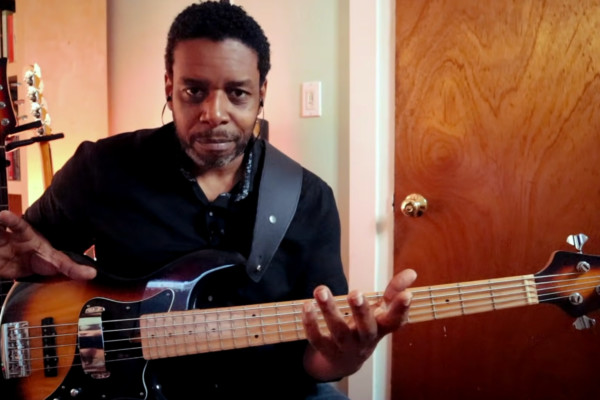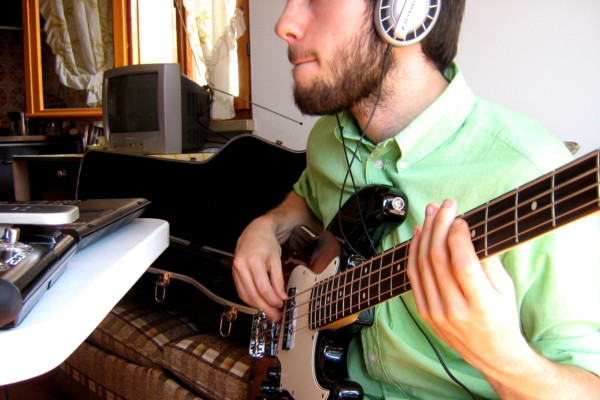The Lightbulb Moment: Muscle Memory

I’m an avid radio listener. The preset buttons in my car are heavily worn, the numbers barely legible after years of searching for the perfect song and attempting to dodge commercial messages. Sometimes it’s nice to drive in silence, but usually, the radio is what truly fuels my time spent behind the wheel. I always enjoy hearing new music, but there’s something wonderful about hearing one of your favorite songs appear out of nowhere. I secretly pray for “Life Is A Highway,” “Walking In Memphis,” or anything by Alanis Morissette that features Flea on bass. These are songs that I’ve heard hundreds of times, that I know forwards and back, and that I can sing almost every part to. They are sitting pretty in my mental vault and regularly get the dust shaken off thanks to one thing: repetition.
Repetition is a form of practice that should never be overlooked; often referred to as muscle memory, the goal is to play something so many times that it becomes habitual, instinctive, and effortless. It’s why we spend so much time thinking about technique, playing scales over and over again, and chipping away at those 10,000 hours. Our hands don’t naturally want to play “Sir Duke,” so we need to practice it and develop muscle memory. We don’t want to think, we don’t want to try, we simply wish to do. Whether our goal is to play faster, to play cleaner, or to play something extremely difficult, the best way to practice is by putting in hours, developing the muscle memory, and executing with ease.
While most of us consider muscle memory applicable to our hands, it is equally applicable to our brains. It’s why we can sing along to a song without having to try too hard. It’s why we can recall a bass line on a bandstand even if we haven’t played it in years. There’s a link between what we hear, what our brains remember, and where our fingers automatically go to play. Our hands are the physical muscle used for our instrument while our brains are the mental muscle. Both need to be exercised and maintained.
If song learning is part of your practice routine, it’s imperative to spend time listening and not playing. By putting your instrument down and listening, you’ll focus on one thing: the song. You can devote your attention to hearing the bass part, discovering where fills or licks go, and following the form. If you can listen to it a few times and hear it play out in your head, you’ll know where the difficult parts are, such as a tricky bass line or a curious chord change. You’ll hear the other instruments give signals or cues to changes in feel. You’ll learn to anticipate the song rather than play catch up. Ultimately, the better you can hear the song in your head, the better you’ll play the song.
Exercising your brain’s muscle memory is something that can be done both actively and passively. You can actively tune in and listen with intent, blocking out other distractions, or you can listen passively and have music playing alongside another activity. Although it’s better to actively listen, passive listening is a great way to get some repetition in without being in official practice mode. Personally, I find it helpful to get my listening hours in at the gym, while going for a walk, or while driving. It makes the learning process feel less like work and subtly ingrains the music into your brain. When you finally sit down with your instrument, you may realize that you know the song better than you did simply because you’ve heard it a few times.
So, whether you’re trying to learn a song for a lesson, for your own enjoyment, or for a gig, remember that the muscle memory necessary to play the song has just as much to do with your brain as it does your hands. Give yourself permission to listen.
And then do it again.
And again.
Ryan Madora is a professional bass player, author, and educator living in Nashville, TN. In addition to touring and session work, she teaches private lessons and masterclasses to students of all levels. Visit her website to learn more!



